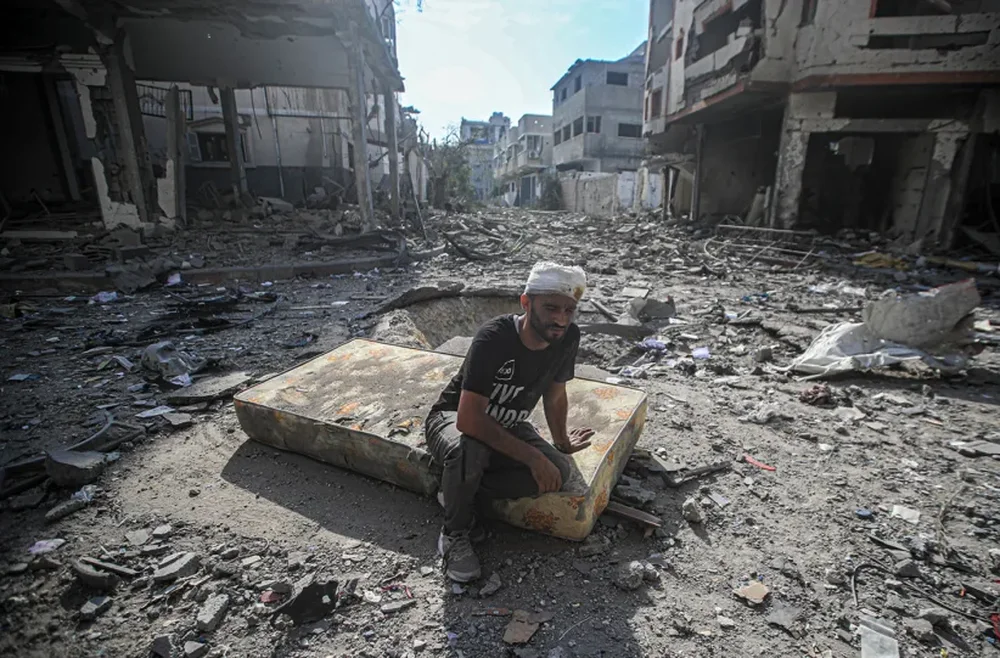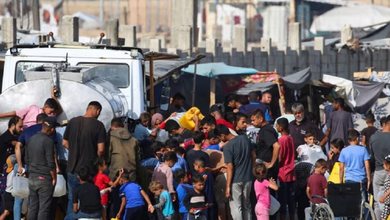
In a single makeshift room in Gaza's Nasser Hospital, without DNA testing labs or cold storage units, the forensics team is facing an extraordinary challenge: identifying and examining bodies returned from Israel following the ceasefire deal brokered by US President Donald Trump.
Over the past 11 days, 195 bodies have been returned to Gaza in exchange for 13 Israeli hostages, according to local authorities.
Photos released by medical authorities show badly decomposed bodies, many with their hands tied behind their backs, their eyes covered and obvious signs of violence.
According to Dr. Ahmed Dheir, head of the forensic unit at Nasser Hospital, the lack of equipment makes it almost impossible to perform autopsies.
"The bodies arrive frozen and when we try to write them, the decomposition process begins immediately. In these conditions, we can only document their condition without being able to determine the exact cause of death," he said.
Another team member, Dr. Alaa al-Astal, said many bodies arrive with severe signs of torture, including bruises, pressure marks on the wrists and cloth tied around the neck.
"There were cases where blood circulation had been cut off due to the tightening of the bandages. Some bodies had deep gashes around the eyes and neck," he added.
Sameh Yassin Hamad, representative of the Hamas-led committee for the recovery of bodies, said that some of the victims had stab wounds and signs of severe beatings.
Independent forensic experts, including Canadian professor Michael Pollanen, told the BBC that images of the bodies raise "serious questions" about their treatment, but without full autopsies it is impossible to determine whether this was torture or post-mortem abuse.
"What is happening in Gaza is an international forensic emergency," Pollanen stressed.
The Israeli military, when asked about these claims, stated that it “acts in accordance with international law.”
However, doctors in Gaza say that the position of the bodies and physical signs suggest that some of them died while they were bound, calling this a clear violation of international humanitarian law.






















